As a program manager, investing in your professional growth is a critical move. But what precise steps and resources will propel you toward success? In this guide, we lay out the clear trajectory for program managers professional development in order to advance in their careers. It’s not just about hoarding certifications; it’s about strategic learning and practical application. Program governance emerges as a critical aspect of this journey, underscoring the importance of effective leadership and the successful management of programs from inception to closure. Anticipate detailed discussions on cultivating key skills, navigating educational pathways, the significance of networking, and the crucial role of stakeholder engagement in advancing effectively in your career—everything you need to advance effectively in your career.
Key Takeaways
- Program managers must continuously engage in professional development to stay relevant, with benefits such as improved leadership skills, increased earning potential, and better job satisfaction.
- Essential skills for program managers include technical knowledge of methodologies like Agile and Scrum, proficiency in project management tools, strong leadership and team management abilities, effective problem-solving and decision-making, as well as understanding and defining program objectives.
- Educational pathways for career advancement in program management encompass obtaining bachelor’s degrees, specialized certifications like the PgMP, and graduate degrees such as an MBA, all of which can lead to increased responsibility and higher-paying roles.
The Importance of Program Managers Professional Development
Knowledge and skills of a program manager have to be updated on a regular basis due to the fast changing business world. It is necessary to adapt to the evolution of the environment in order not to allow one’s own expertise to become obsolete. Professional development opportunities, such as PDUs, may help managers in this regard. Obtaining PDUs may lead to cultivating the ability for leadership, raising self-confidence and credibility, making a career more attractive and earnings potential better. A manager also has to obtain project management experience in order to stay competitive.

This would include seeking additional qualifications by getting more education or training – a crucial step in accomplishing one’s professional aspirations. Various aspects of professional development help professionals meet their goals by ensuring they are always aware of industry trends, which corresponds with employers’ mission of keeping human resources longer and increasing their performance to elevate productivity levels and job satisfaction.
Essential Skills for Effective Program Management
Effective management and governance of programs encompass a wide array of vital skills that help those involved in them navigate the many complexities in the environment. It encompasses technical skills and tools such as the work breakdown structure and abilities. The others include leadership, team management, problem-solving, and decision-making skills. To get a better insight into what each skill entails in the bid to ensure effective program management and governance, we shall look at them individually.
Technical Knowledge and Tools
Project and program manager roles have changed with the digital era. Aligned with managing virtual teams onshore or offshore, a variety of skills is suggested at the technical level. The knowledge of the project methodology itself-I would name Agile, Scrum, Kanban tools. In addition, proficiency in tools such as Agile Software, knowledge of financial modeling.
In order to achieve the successful completion of the projects and programs lifecycles, a professional must have the following skills: as a part of the professional’s arsenal, it is necessary to highlight communication skills since they are involved in attending meetings and generating a work breakdown structure, and these two actions lead to success.
Strong technical sense, such as strategic planning and scheduling, and familiarity with management techniques like Agile and Scrum, are critical for project managers. These skills allow them not only to navigate the project’s flow smoothly, but also to predict the impediments they may encounter. Due to its basic technical knowledge, the manager may create a counter-action plan in response to counterproductive challenges.
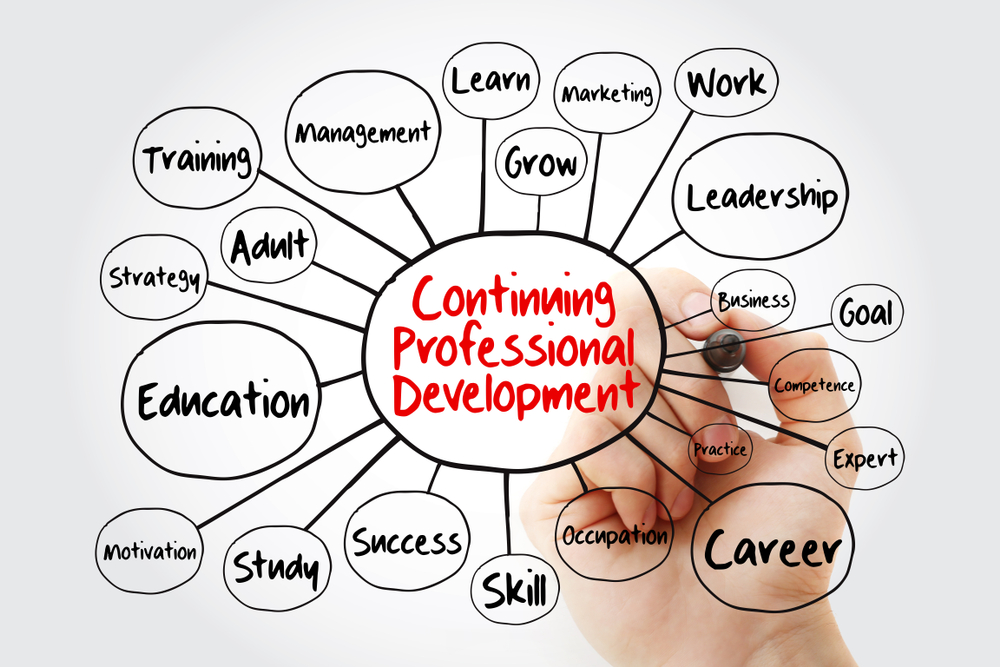
Through the acquisition of these necessary competencies, it is anticipated that the successful execution of strategy plans will be achieved. Recent events indicate that it is essential to have a complete comprehension of the current situation. Having a firm grasp on these instruments of knowledge gives one an advantage over other individuals.
Effective fulfillment of strategic games for best practices, that can also facilitate the decision making procedurals Improved . The imperative Effective performance for communication has a wide skill of the manager when drafting detailed reports or slides or rendering them to request during a group process or meeting clients definitely play a significant role . Therefore, given the varied choice of proper tools, strategies, and skills in the fast-developing realize, it is essential.
Leadership and Team Management
It is impossible to overstate the significance of the role that leadership plays in the management of programs. When it comes to leading their teams, program managers are expected to exhibit qualities such as confidence, integrity, and agility. They are also obligated to make it their mission to drive value within organizations and motivate members of the team to perform at their highest level.
When it comes to working together with project teams and upper management, program managers absolutely need to have strong communication skills. For the purpose of constructing cohesive teams that have a common goal, it is essential that they have strong interpersonal skills.

One of the key responsibilities of a program manager involves maintaining organizational skills which help uphold discipline, enhance efficiency, and maintain structured workflows within the program. This includes proficiently managing stakeholders, resources, time allocation, along with overseeing human resources while ensuring alignment between projects and business objectives.
Further Reading: Leadership In Project Management: Essential Traits Of An Effective Project Leader
To add insult to injury, there are a great many reasons for this. It is essential for any successful program manager to possess the ability to make decisions based on accurate information in a timely manner, particularly when working in environments that are dynamic or constantly changing such as project environments. The development of a project may be significantly influenced by it.
For this reason, certifications such as PgMP offer employers proof not only of advanced expertise but of overall competency in several key areas including leadership dynamics amongst staff resourcefulness across diversified initiatives through insightful planning targeted at meeting complex corporate goals.
Problem Solving and Decision Making
Critical thinking is an important requirement when it comes to problem-solving and decision-making. Critical thinking facilitates the ability the processes analysis, feedback integration, responses to stakeholder inquiries, policy adjustment for enhanced efficiency, and business case development for the program to be strong.
It is not only about checking the sound function of the process, but about the willingness to take an active role in ridding it of inefficiencies and collaboratively listening to all stakeholders in the matter. Therefore, to solve problems and make decisions on this and related fronts as a program manager, one should not solve existing problems, but forecast their possible occurrence and successfully prevent, whereas, in any case, they must contribute to achieving the program objectives.
Further Reading: 8 Effective Conflict Resolution Strategies For The Workplace
Analyzing information thoroughly before implementing solutions or making judgments forms a critical part of fulfilling responsibilities as a program manager when working towards resolving issues that arise during different stages. To solve present situations within programs efficiently, there exists great importance attached to proactively identifying any possible obstacles which may emerge hence devising appropriate strategic plans considering communication with stakeholders throughout these phases.
Educational Pathways for Program Managers
Taking into consideration a variety of educational paths is frequently the most important factor in advancing one’s career in program management. The pursuit of bachelor’s degrees, the acquisition of certifications, or enrollment in graduate programs that provide the necessary foundational preparation and specialized expertise that are necessary for success in program management roles are all examples of these types of opportunities.
Bachelor’s Degrees
As a general rule, the first step an individual takes toward being a program manager is obtaining a bachelor’s degree; this provides them with an indispensable knowledge base. Business and computer science, as well as communications, degree programs are common among people who wish to pursue program management as a career.

For example, within a Business Administration program that leads to a Bachelor of Science degree, aspiring managers may specialize in specific areas like marketing or general business management. In the technology industry specifically, many program managers hold undergraduate degrees in Computer Science. This foundational knowledge equips them with essential skills needed to successfully oversee various tasks in their future roles as effective managers.
Certifications
In conclusion, certifications are a powerful tool to develop the skillset of a program manager based on their solid foundation of education. This is exactly what the Program Management Professional certification offered by the Project Management Institute does. The PgMP® targets practitioners with substantial leadership experience in which multiple workers are in charge of multiple projects and benefitting one another.
This certification testifies that, a program manager knows how to effectively operate several project parts and can integrate the parts with organizational prior issues. This role model organizes and handles a program. This famous certification calls for completing, on top of a comprehensive exam, a professional examination focused on many but not restricted to relevant knowledge regions like strategic positioning, performance measure, benefits, and governance inside program implementation.
There are also other prestigious certifications suitable for individuals seeking to enhance their project or program management knowledge. Indeed, there are the PMP® certification by PMI members for people seeking to improve in areas such as the body of knowledge and other skills applicable to project management.
Secondly, Google itself also offers its users a Project Management Professional Certificate specifically in the most important aspects of program management. These representations testify to the strong ability to control the implementation of various projects based on well-founded knowledge in such areas of management as those of programs and projects.
Graduate Programs
Advanced degrees, including an MBA or a master’s in management and leadership, provide program managers with the opportunity to expand their knowledge and advance their careers. With a Master of Science in Management and Leadership, professionals can improve both their strategic management abilities as well as leadership skills, which are crucial for effectively handling complex projects. An MBA with a concentration in project or program management equips one with the skills and competencies required to work in a high-impact, high-responsibility strategic role.
Since most of such programs are part-time or offer classes online in the evening and weekends, the degree is rapidly becoming tailored to the working professional who must manage a balancing act of education and other life commitments. Graduates emerge from the program with a career edge beyond a high earning potential in an array of industries.
Gaining Program Management Experience in the Field
Gaining practical experience is an essential aspect of any program manager’s professional journey. Most students with an ambition of becoming program managers receive internship opportunities in this field upon completing a major part of their project management units, coupled with information technology tasks to facilitate the learning process.
A student seeking an internship opportunity with the above characteristics can find on various professional networking platforms, such as LinkedIn. The internship position is offered in areas such as financial services, technology firms, health organizations, and non-profit entities.
Event Organizers
At the same time, one might also consider community activities which involve event organization or website creation as irreplaceable practical experience while being seized of the notion of program management. Regarding one’s own position, assuming more project-related responsibilities in terms of implementation or control is another reasonable step to strengthen core competencies and knowledge focused on program management. Besides, it is important to keep in mind that not only project manager positions might be beneficial – this might concern such opportunities as Personal Assistant or Event Organizer’s job as well.

Furthermore, truly developing expertise in this field involves gaining first-hand exposure through actively participating in various types of initiatives. Moving up the ladder in selected career requires continuously seeking out new challenges and seizing opportunities to expand our understanding of program planning and management practices. The key lies in finding ways to multiply your work experience by constantly thinking how to improve teams’ performance.
You don’t necessarily need the official title of a project manager but instead focus on adopting a PM approach whenever possible. Even if you currently hold a Personal Assistant or Event Organizer role, you can still acquire valuable insight into the project, and it will only serve as sufficient progress in your occupation. As you move forward in your profession, take every chance available to significantly impact the program as well as the organizations that you work for.
Online Learning Resources for Program Managers

As we live in the digital age, learning no longer fits within the walls of physical classrooms. For program managers, LinkedIn Learning and Coursera are two online learning platforms with a variety of courses on program management. More specifically, the relevant online classes are designed to be comprehensive and are instructed by professionals with years of experience in the field.
Students may develop such vital skills as developing a program strategy, relationship plan, a program vision statement, and a diverse group of stakeholders . Furthermore, they include a program roadmap for someone who wishes to learn more about program management.
Upon the successful completion of the continuation formations, the participant acquires a certificate or a badge of completion. The above document is a proof of the proficiency of a contributor in a given area. Therefore not only does the level of expertise is enhanced, but also the professional profile of the participant is more credible to an employer.
Networking and Joining Professional Organizations
There are a variety of benefits that can accrue to program managers who participate in professional organizations and network with other professionals. Not only do these platforms make it possible to gain access to valuable resources, but they also improve practical experience and demonstrate a strong commitment to the profession. Participating actively in these groups can lead to the formation of long-term connections as well as the possibility of potential business opportunities.

It is crucial for career advancement as most job opportunities come through networking for program managers. Building a professional presence on social media channels like LinkedIn enables them to expand their network within the industry. Even participation in community projects has the potential to uncover new pathways while fulfilling personal interests.
Staying Updated with Industry Trends
There is now an urgent need to constantly maintain one’s level of knowledge in the rapidly changing business environment. I would like to point out that this is not just a competitive advantage, but also the only way to be competitive. There are several ways for a program manager to constantly improve his or her level: attend various industry-specific events, take online courses, and read reputable books and articles.
Therefore, program managers must regularly follow market research reports and studies to stay on top of the latest developments in the field. This will allow a specialist to predict future changes and make informed decisions in its favor; career growth will become possible in managing important and large projects or leadership positions: from promotion from project manager to program manager to specialization in using new methodologies, processes, technologies.
Summary
To summarize, being a program manager who develops successfully means never stopping learning and gaining new skills, being exposed to more opportunities for practical experience, broadening the horizons of contacts with like-minded people, and following the era’s main trends. It will not always be easy to overcome all these stages, but a well-chosen educational path and resources will help navigate successfully through them, and note that each step towards professional development is valuable for your future career in program management.
Frequently Asked Questions
How can a program manager improve?
As a program manager, it is important to enhance one’s skills by placing emphasis on setting feasible expectations, utilizing project management tools efficiently, promoting accountability among team members and honing effective communication and problem-solving abilities. To that, maintaining a proactive approach towards handling projects while advocating for simplicity can also contribute positively to the overall success of programs. It is crucial for program managers to have strong collaboration skills as well.
What is the career progression for a program manager?
A program manager’s career journey typically begins with entry-level support positions and progresses towards assuming greater responsibilities, ultimately reaching a top leadership position. This allows professionals to build essential skills and advance in their careers.
Starting from the bottom, individuals work their way up through various roles within a program management team until they reach executive-level leadership where they have the opportunity to shape organizational strategy. Throughout this progression, these professionals gain valuable experience that serves as the foundation for their growth in the field.
How do I become an effective program manager?
In order to excel as a program manager, it is important to acquire practical experience and cultivate strong leadership abilities. Effective communication should also be prioritized as these factors are crucial for achieving success in this multifaceted role.
Is PMP good for program managers?
Obtaining the PMP certification can be advantageous for managers overseeing programs. This prestigious qualification offers global recognition and boosts credibility, making program managers more distinguishable in their profession.
Why is professional development important for program managers?
Professional development is vital for program managers as it helps them stay relevant, enhance leadership skills, boost confidence, and advance in their careers through the acquisition of new skills. It is pivotal for reaching professional goals.


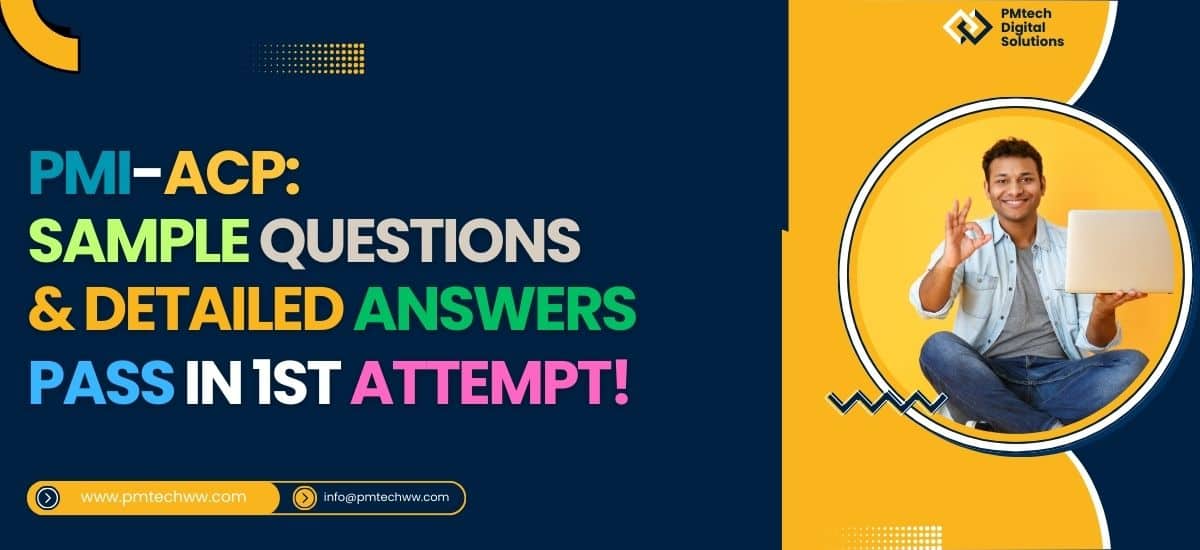

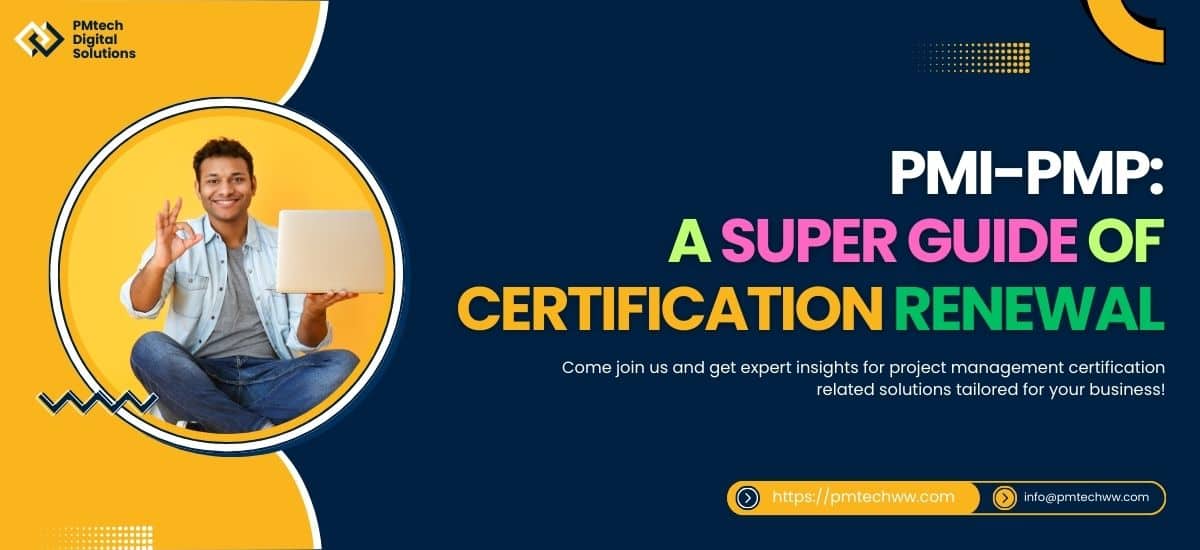
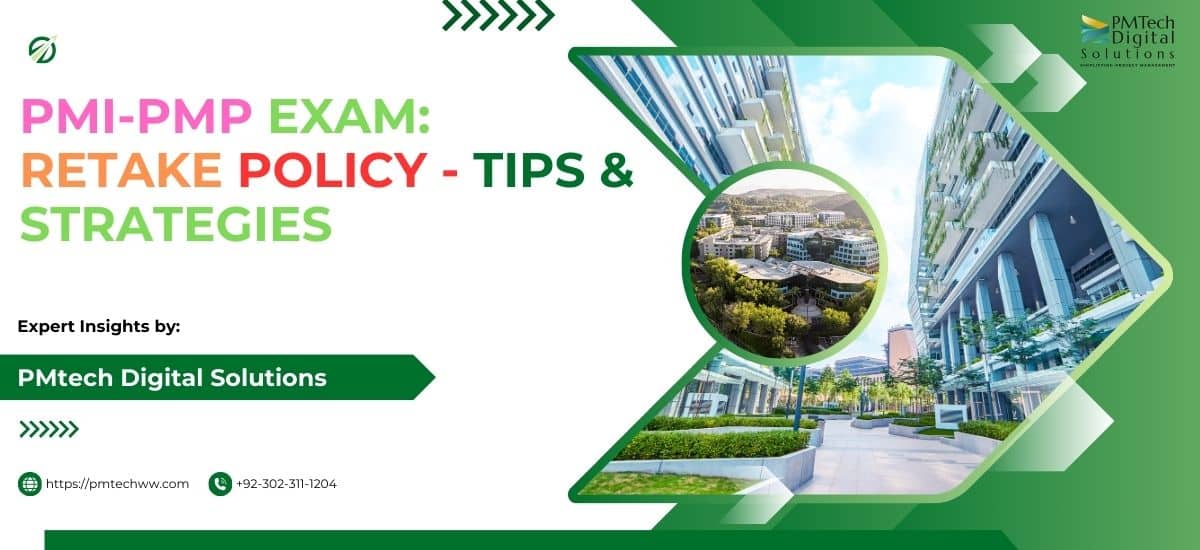
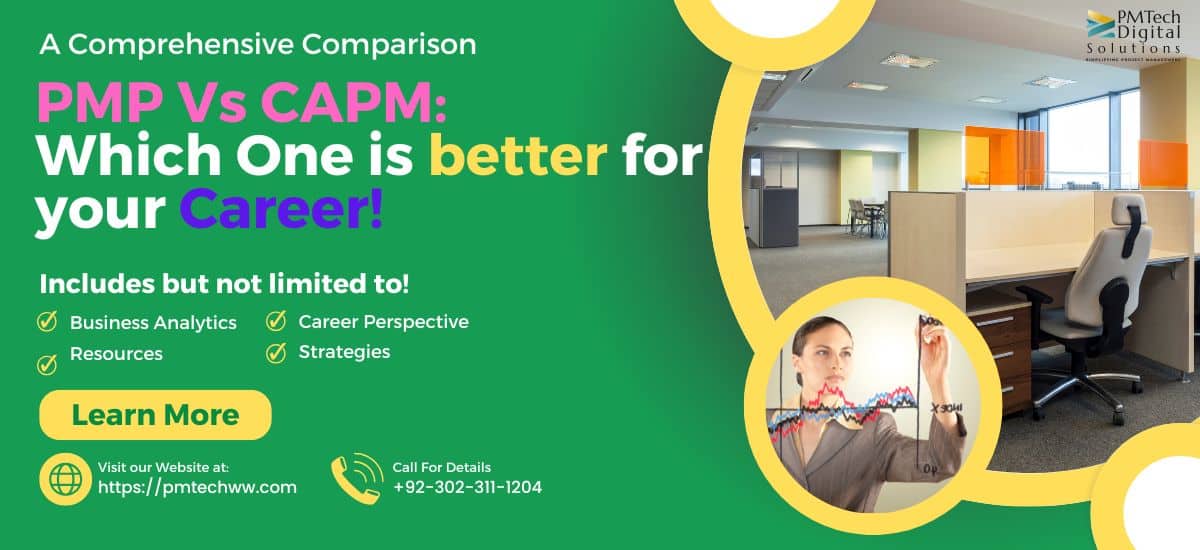

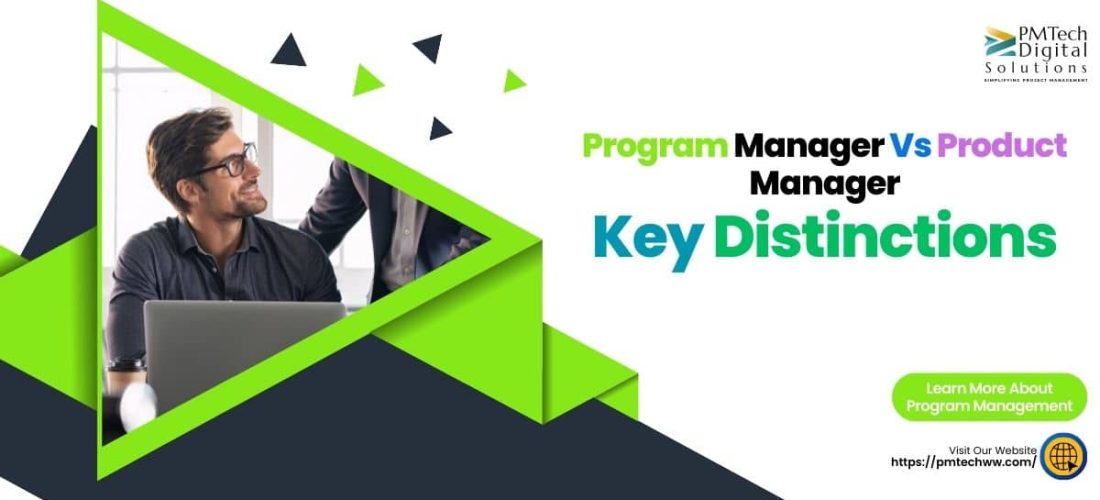


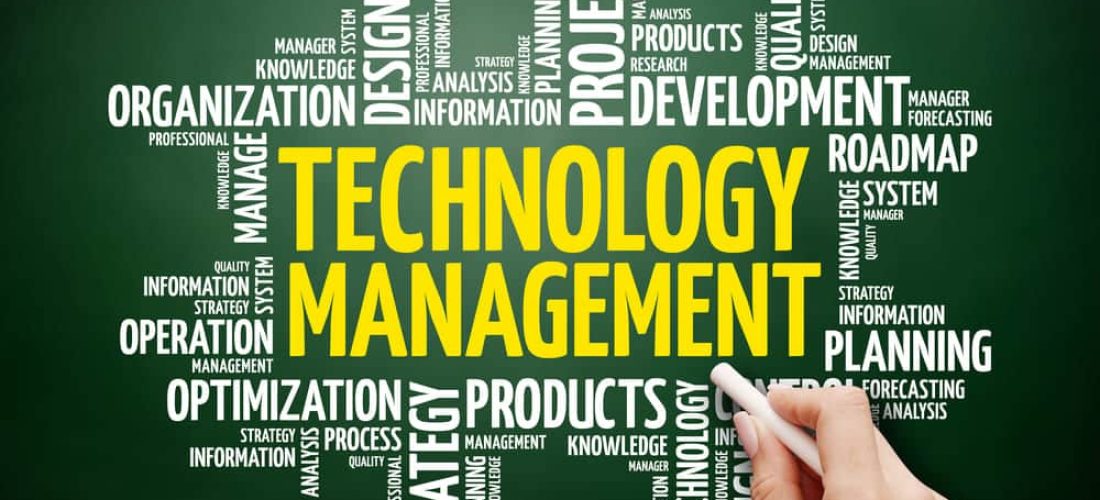


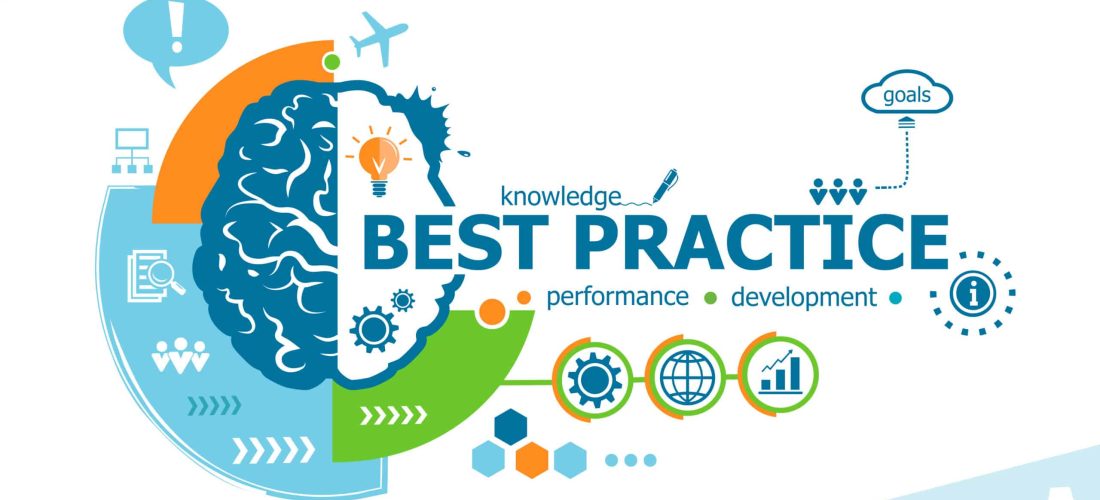


52 Responses
Your article helped me a lot, is there any more related content? Thanks!
Hey! Someone in my Facebook group shared this website with us so I came to give it a look. I’m definitely enjoying the information. I’m bookmarking and will be tweeting this to my followers! Great blog and brilliant style and design.
I don’t think the title of your article matches the content lol. Just kidding, mainly because I had some doubts after reading the article.
You are my aspiration, I own few web logs and rarely run out from to post : (.
Your point of view caught my eye and was very interesting. Thanks. I have a question for you.
Can you be more specific about the content of your article? After reading it, I still have some doubts. Hope you can help me.
fabuloso este conteúdo. Gostei muito. Aproveitem e vejam este conteúdo. informações, novidades e muito mais. Não deixem de acessar para descobrir mais. Obrigado a todos e até mais. 🙂
You can certainly see your skills in the work you write. The world hopes for more passionate writers like you who aren’t afraid to say how they believe. Always follow your heart.
Thanks for another informative blog. Where else could I get that type of info written in such an ideal way? I have a project that I’m just now working on, and I’ve been on the look out for such information.
I enjoy your writing style genuinely enjoying this internet site.
Dead composed articles, thanks for entropy. “The earth was made round so we would not see too far down the road.” by Karen Blixen.
Can you be more specific about the content of your article? After reading it, I still have some doubts. Hope you can help me.
Este site é realmente fantástico. Sempre que consigo acessar eu encontro novidades Você também vai querer acessar o nosso site e saber mais detalhes! conteúdo único. Venha descobrir mais agora! 🙂
Your article helped me a lot, is there any more related content? Thanks!
Hello there, I found your website via Google while searching for a related topic, your website came up, it looks great. I’ve bookmarked it in my google bookmarks.
This really answered my problem, thank you!
I very delighted to find this internet site on bing, just what I was searching for as well saved to fav
You’re so awesome! I don’t believe I have read a single thing like that before. So great to find someone with some original thoughts on this topic. Really.. thank you for starting this up. This website is something that is needed on the internet, someone with a little originality!
I truly appreciate your technique of writing a blog. I added it to my bookmark site list and will
Thanks for sharing. I read many of your blog posts, cool, your blog is very good.
For the reason that the admin of this site is working, no uncertainty very quickly it will be renowned, due to its quality contents.
This is really interesting, You’re a very skilled blogger. I’ve joined your feed and look forward to seeking more of your magnificent post. Also, I’ve shared your site in my social networks!
Your point of view caught my eye and was very interesting. Thanks. I have a question for you.
Some really wonderful content on this site, thanks for contribution. “A man with a new idea is a crank — until the idea succeeds.” by Mark Twain.
Your article helped me a lot, is there any more related content? Thanks!
I like what you guys are up also. Such clever work and reporting! Keep up the superb works guys I have incorporated you guys to my blogroll. I think it’ll improve the value of my site 🙂
Howdy! I just would like to give an enormous thumbs up for the nice data you may have right here on this post. I will probably be coming back to your weblog for more soon.
Would love to constantly get updated outstanding web site! .
Your article helped me a lot, is there any more related content? Thanks! https://www.binance.com/es/register?ref=T7KCZASX
Excellent read, I just passed this onto a friend who was doing some research on that. And he just bought me lunch since I found it for him smile Thus let me rephrase that: Thank you for lunch!
Some times its a pain in the ass to read what website owners wrote but this website is real user genial! .
Great write-up, I?¦m regular visitor of one?¦s web site, maintain up the nice operate, and It’s going to be a regular visitor for a long time.
Hi , I do believe this is an excellent blog. I stumbled upon it on Yahoo , i will come back once again. Money and freedom is the best way to change, may you be rich and help other people.
Very clean website , thankyou for this post.
Thank you for your sharing. I am worried that I lack creative ideas. It is your article that makes me full of hope. Thank you. But, I have a question, can you help me?
The next time I read a blog, I hope that it doesnt disappoint me as much as this one. I mean, I know it was my choice to read, but I actually thought youd have something interesting to say. All I hear is a bunch of whining about something that you could fix if you werent too busy looking for attention.
I don’t think the title of your article matches the content lol. Just kidding, mainly because I had some doubts after reading the article.
Can you be more specific about the content of your article? After reading it, I still have some doubts. Hope you can help me.
I¦ve learn several just right stuff here. Certainly value bookmarking for revisiting. I surprise how a lot effort you put to create this type of wonderful informative web site.
I don’t think the title of your article matches the content lol. Just kidding, mainly because I had some doubts after reading the article.
A person essentially help to make seriously posts I would state. This is the very first time I frequented your website page and thus far? I amazed with the research you made to create this particular publish incredible. Excellent job!
Thank you for sharing superb informations. Your web-site is very cool. I am impressed by the details that you’ve on this website. It reveals how nicely you perceive this subject. Bookmarked this website page, will come back for extra articles. You, my pal, ROCK! I found just the info I already searched all over the place and just could not come across. What a perfect site.
Informative content
Wonderful blog! I found it while searching on Yahoo News. Do you have any tips on how to get listed in Yahoo News? I’ve been trying for a while but I never seem to get there! Appreciate it
I truly enjoy reading through on this internet site, it has got excellent content. “He who sees the truth, let him proclaim it, without asking who is for it or who is against it.” by Henry George.
Well structured
Thank you for your sharing. I am worried that I lack creative ideas. It is your article that makes me full of hope. Thank you. But, I have a question, can you help me? https://www.binance.com/cs/register?ref=OMM3XK51
I am not sure where you are getting your info, but good topic. I needs to spend some time learning much more or understanding more. Thanks for wonderful info I was looking for this information for my mission.
PHmapaladlogin gets you straight to the games, no fuss. Easy interface and a decent selection of games make it a solid choice. Give it a try and see for yourself! Get playing at phmapaladlogin.
Hiya, I am really glad I’ve found this info. Today bloggers publish only about gossips and internet and this is actually annoying. A good web site with exciting content, this is what I need. Thanks for keeping this web site, I will be visiting it. Do you do newsletters? Can’t find it.
Hey there would you mind letting me know which webhost you’re working with? I’ve loaded your blog in 3 completely different web browsers and I must say this blog loads a lot faster then most. Can you recommend a good hosting provider at a reasonable price? Cheers, I appreciate it!